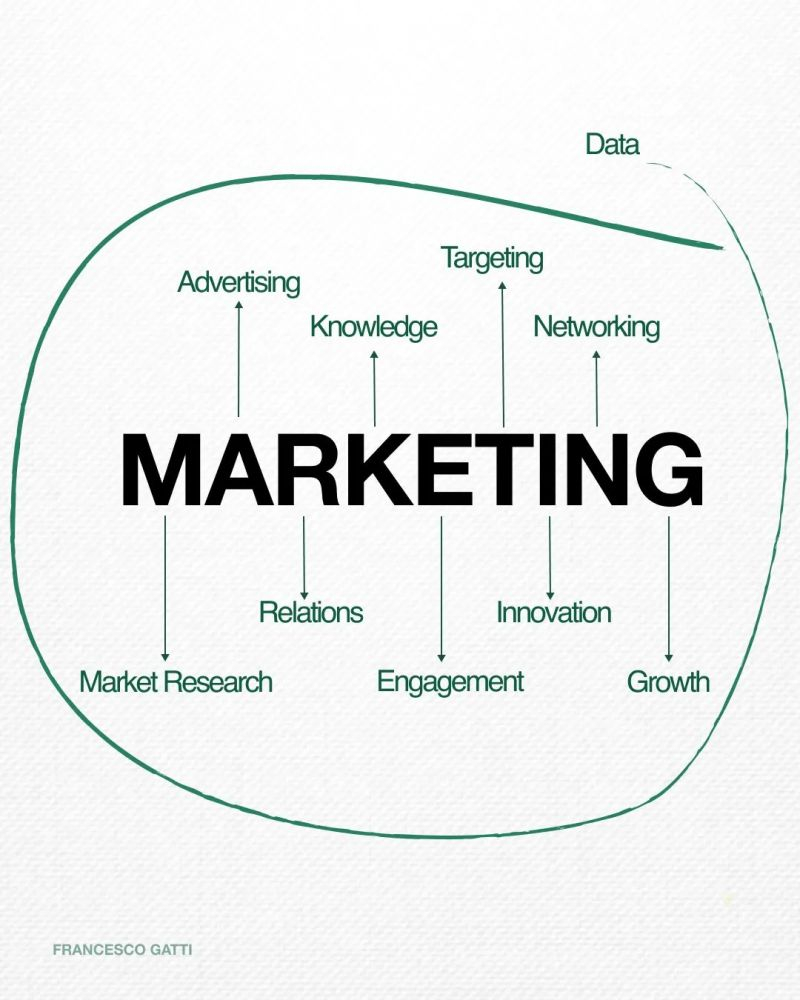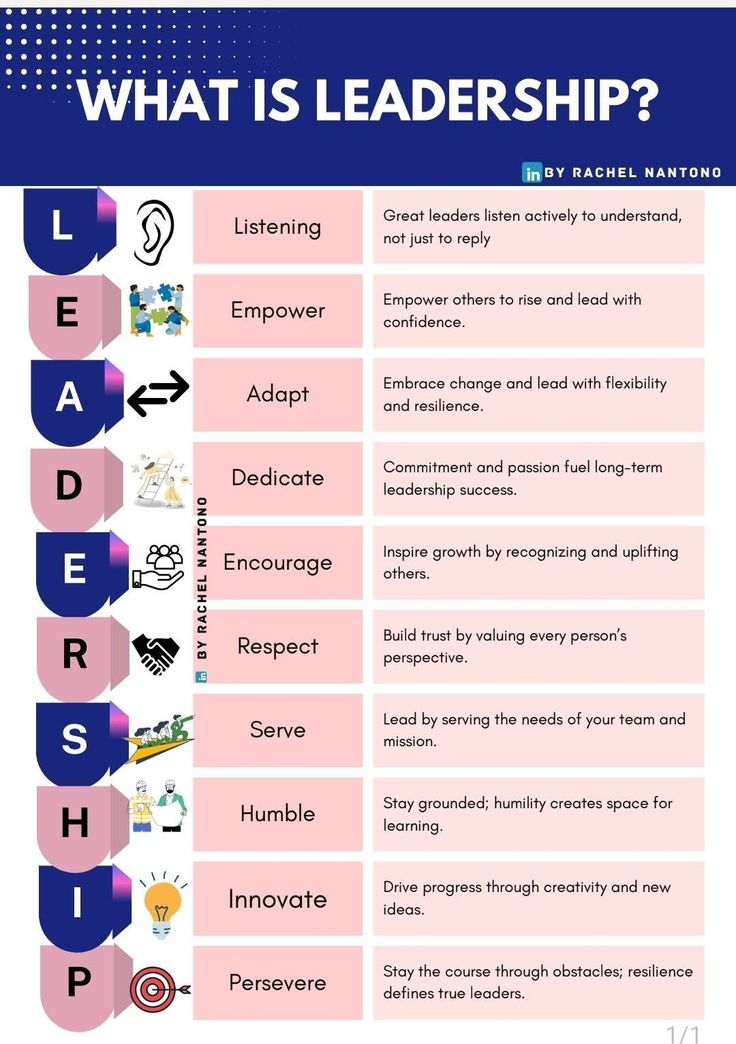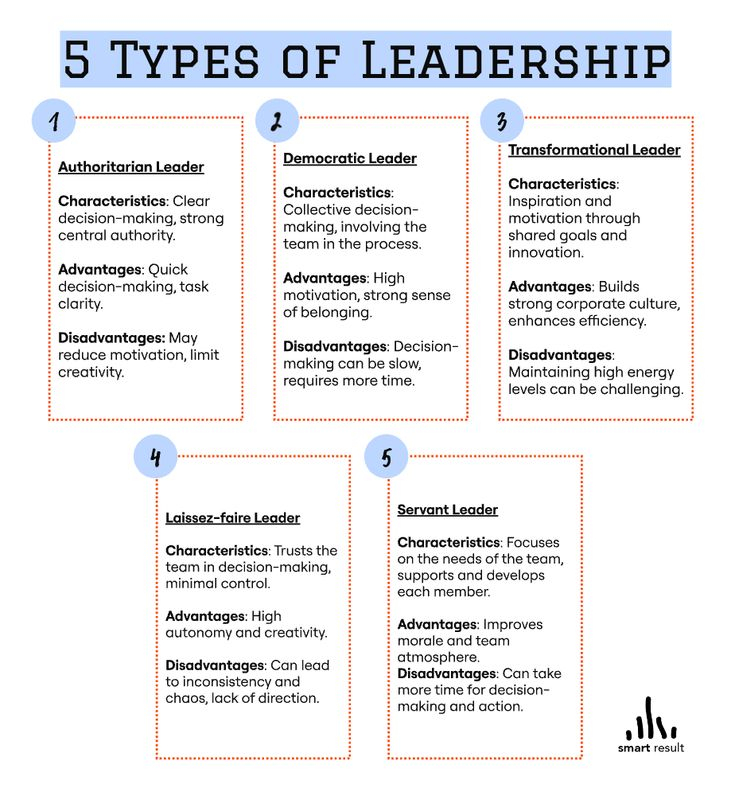Marketing without numbers isn’t strategy.
It’s guesswork.
You can have the best creative, the biggest budget, the sharpest team...
But if you’re not measuring, you’re gambling.
Because every lever you pull in marketing relies on one thing:
Visibility.
Here’s why it matters across the board:
1️⃣ Advertising
↳ Ad spend without tracking is just wasted cash.
↳ Creative fatigue shows up in the numbers first.
2️⃣ Market Research
↳ Data shows real demand, not hunches.
↳ Competitor insights come from numbers, not opinions.
3️⃣ Knowledge
↳ Buyers act differently than they claim.
↳ Past data is your best predictor of future trends.
4️⃣ Relations
↳ Spot your high-value customers.
↳ Track retention to see if loyalty holds.
5️⃣ Engagement
↳ Opens and clicks reveal what resonates.
↳ Double down on content that sparks response.
6️⃣ Targeting
↳ Identity resolution beats broad strokes.
↳ Data turns anonymous visitors into audiences.
7️⃣ Networking
↳ Social graphs reveal influence paths.
↳ Intent signals show when to reach out.
8️⃣ Innovation
↳ Behavior data uncovers unmet needs.
↳ If you can’t measure, you’re just gambling.
9️⃣ Growth
↳ You can’t scale what you don’t track.
↳ Data tells you if growth is real, or vanity.
Data isn’t a channel.
It’s the backbone of every channel.
_____________
It’s guesswork.
You can have the best creative, the biggest budget, the sharpest team...
But if you’re not measuring, you’re gambling.
Because every lever you pull in marketing relies on one thing:
Visibility.
Here’s why it matters across the board:
1️⃣ Advertising
↳ Ad spend without tracking is just wasted cash.
↳ Creative fatigue shows up in the numbers first.
2️⃣ Market Research
↳ Data shows real demand, not hunches.
↳ Competitor insights come from numbers, not opinions.
3️⃣ Knowledge
↳ Buyers act differently than they claim.
↳ Past data is your best predictor of future trends.
4️⃣ Relations
↳ Spot your high-value customers.
↳ Track retention to see if loyalty holds.
5️⃣ Engagement
↳ Opens and clicks reveal what resonates.
↳ Double down on content that sparks response.
6️⃣ Targeting
↳ Identity resolution beats broad strokes.
↳ Data turns anonymous visitors into audiences.
7️⃣ Networking
↳ Social graphs reveal influence paths.
↳ Intent signals show when to reach out.
8️⃣ Innovation
↳ Behavior data uncovers unmet needs.
↳ If you can’t measure, you’re just gambling.
9️⃣ Growth
↳ You can’t scale what you don’t track.
↳ Data tells you if growth is real, or vanity.
Data isn’t a channel.
It’s the backbone of every channel.
_____________
Marketing without numbers isn’t strategy.
It’s guesswork.
You can have the best creative, the biggest budget, the sharpest team...
But if you’re not measuring, you’re gambling.
Because every lever you pull in marketing relies on one thing:
Visibility.
Here’s why it matters across the board:
1️⃣ Advertising
↳ Ad spend without tracking is just wasted cash.
↳ Creative fatigue shows up in the numbers first.
2️⃣ Market Research
↳ Data shows real demand, not hunches.
↳ Competitor insights come from numbers, not opinions.
3️⃣ Knowledge
↳ Buyers act differently than they claim.
↳ Past data is your best predictor of future trends.
4️⃣ Relations
↳ Spot your high-value customers.
↳ Track retention to see if loyalty holds.
5️⃣ Engagement
↳ Opens and clicks reveal what resonates.
↳ Double down on content that sparks response.
6️⃣ Targeting
↳ Identity resolution beats broad strokes.
↳ Data turns anonymous visitors into audiences.
7️⃣ Networking
↳ Social graphs reveal influence paths.
↳ Intent signals show when to reach out.
8️⃣ Innovation
↳ Behavior data uncovers unmet needs.
↳ If you can’t measure, you’re just gambling.
9️⃣ Growth
↳ You can’t scale what you don’t track.
↳ Data tells you if growth is real, or vanity.
Data isn’t a channel.
It’s the backbone of every channel.
_____________
0 Comments
0 Shares
764 Views
0 Reviews








